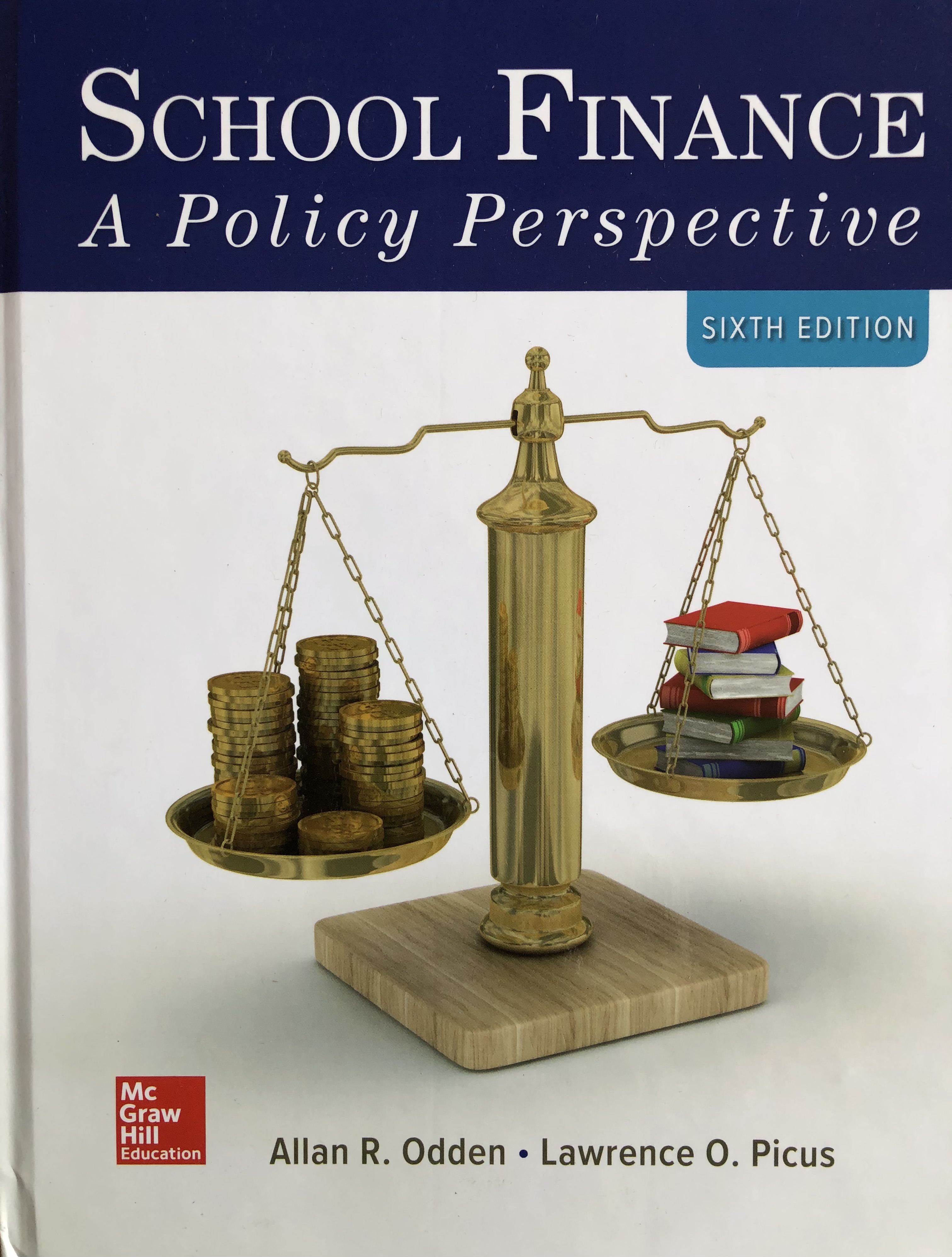An article in the Park City Kentucky Daily News on Kentucky school funding refers to the Picus Odden and Associates forthcoming Kentucky adequacy study, to be released in December, as well as previous work the firm has conducted on school finance in Kentucky. http://www.bgdailynews.com/news/state-th-worst-in-public-education-cuts-study-says/article_125b583e-df17-5045-aedf-7ba7dbdc4eba.html
Category Archives: General School Finance Issues
Examining Property Value as an Indicator of Household Income
An issue re-emerging in the school finance context is whether property value per se is the best indicator of local school district, and its households, ability to pay.
The concern is two fold.
- The first is the high property tax burden placed on low income households who live in high property wealth per pupil districts, such as second home or resort communities.
- The second is whether all things being equal (including the access to raise property taxes via guaranteed tax base programs), household income still gives higher income districts an advantage in raising local funds for schools (which research finds it does).
The policy resolutions include both adding an income factor to the property wealth per pupil measure by multiplying property wealth by the ratio of the district’s average income measure to that of the state, as well as expanding state “circuit breaker” programs of property tax relief that limit property taxes as a percent of household income (by providing income tax credits or rebates when property taxes exceed a set percentage).
Early in his career, Odden identified this as an important school finance issue , it is the subject of a policy option paper our firm wrote for our 2013 Maine project, and it is the subject of a policy brief just issued by the Education Commission of the States, which references both Odden’s earlier work and our Maine policy paper.
Posted in General School Finance Issues
Maine and Vermont resolve the “new” school finance problem
Today, the “new” school finance problem has been resolved in places like Vermont and Maine, where the differences in spending across districts with high and low property tax bases as well as high and low household income is not that far from average spending.
Posted in General School Finance Issues
Translating funding into effective instructional strategies
An overarching theme in this fifth edition of our text is that the key issue today is to “reinvent” school finance in a way that translates education dollars into instructional strategies that boost student learning. Our 2011 article in the Peabody Journal of Education made this argument.
And in mid-2013, Preston Lane Magouirk, Associate Editor for the Journal, which is published by Peabody College of Vanderbilt University, wrote to“commend us for our work”, Specifically, he noted,
“Your article titled “Reinventing School Finance: Falling Forward” has garnered significant attention and a notable readership. Karen Benskin, the Managing Editor of Routledge US Education Journals, in partnership with the Taylor and Francis Group, has informed the Journal staff that your article is among the 10 most widely downloaded Peabody Journal articles from the Taylor and Francis website from the years 2011 and 2012. This is a significant achievement as well as a testament to the quality scholarship and research product you put forth for the Journal.”
This article is available for free downloading and reading access on the Taylor and Francis website.
Posted in General School Finance Issues

